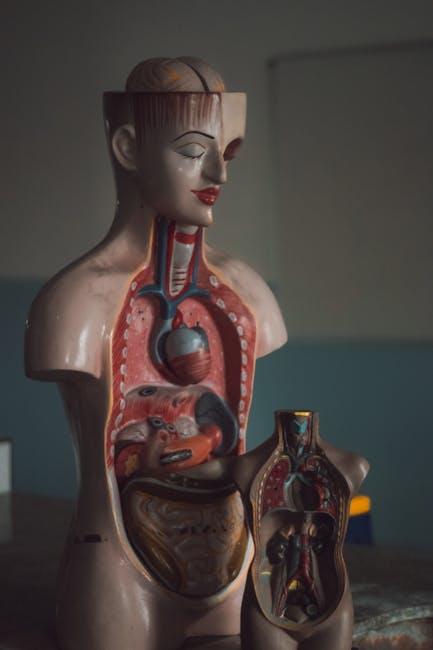
Understanding Gastrointestinal Constipation: Symptoms, Causes, and Treatment Options
Constipation is a common gastrointestinal issue that affects millions of people worldwide. It is a condition characterized by infrequent bowel movements, difficult or painful passing of stools, and a feeling of incomplete emptying of the bowels. Gastrointestinal constipation can be caused by a variety of factors and can have a significant impact on a person’s quality of life. In this article, we will explore the symptoms, causes, and treatment options for gastrointestinal constipation.
Symptoms of Gastrointestinal Constipation
The symptoms of constipation can vary from person to person, but common signs to look out for include:
1. Infrequent bowel movements – fewer than three bowel movements per week
2. Straining during bowel movements
3. Hard or lumpy stools
4. Feeling of incomplete emptying after a bowel movement
5. Abdominal pain or discomfort
6. Bloating
7. Rectal bleeding
8. Feeling of fullness in the rectum
If you are experiencing any of these symptoms on a regular basis, it is important to consult with a healthcare provider to determine the underlying cause of your constipation and develop an appropriate treatment plan.
Causes of Gastrointestinal Constipation
There are many factors that can contribute to the development of gastrointestinal constipation. Some of the most common causes include:
1. Diet: A diet low in fiber and high in processed foods can contribute to constipation. Fiber helps to add bulk to the stool and promote regular bowel movements. Not drinking enough water can also lead to dehydration, which can make stool harder and more difficult to pass.
2. Lack of physical activity: Regular exercise helps to stimulate the muscles in the intestines, promoting bowel movements. A sedentary lifestyle can contribute to constipation.
3. Medications: Some medications, such as certain pain medications, antacids, and antidepressants, can cause constipation as a side effect.
4. Medical conditions: Certain medical conditions, such as irritable bowel syndrome (IBS), hypothyroidism, and diabetes, can contribute to constipation.
5. Changes in routine: Traveling, changes in routine, or stressful situations can disrupt the normal functioning of the digestive system, leading to constipation.
Treatment Options for Gastrointestinal Constipation
There are a variety of treatment options available for gastrointestinal constipation, depending on the underlying cause and severity of the condition. Some common treatment options include:
1. Dietary changes: Increasing fiber intake through fruits, vegetables, whole grains, and legumes can help to promote regular bowel movements. Drinking plenty of water and staying hydrated is also important for preventing constipation.
2. Exercise: Regular physical activity can help to stimulate the muscles in the intestines and promote healthy bowel movements. Aim for at least 30 minutes of moderate exercise per day.
3. Laxatives: Over-the-counter laxatives can be used to help soften the stool and promote regular bowel movements. It is important to consult with a healthcare provider before using laxatives, as they can be habit-forming if used improperly.
4. Medications: In some cases, prescription medications may be necessary to treat underlying medical conditions that are contributing to constipation. These medications may help to regulate bowel movements and alleviate symptoms.
5. Biofeedback therapy: For some individuals with chronic constipation, biofeedback therapy may be recommended. This therapy involves training the muscles in the pelvic floor to improve coordination and function.
6. Surgery: In severe cases of constipation that do not respond to other treatment options, surgery may be necessary to remove blockages or repair underlying issues in the digestive system.
In conclusion, gastrointestinal constipation is a common condition that can have a significant impact on a person’s quality of life. By understanding the symptoms, causes, and treatment options for constipation, individuals can work with their healthcare providers to develop an appropriate treatment plan and improve their digestive health. Making lifestyle changes, such as increasing fiber intake, staying hydrated, and getting regular exercise, can help to promote healthy bowel movements and prevent constipation. If you are experiencing chronic constipation, it is important to consult with a healthcare provider to determine the underlying cause and develop a personalized treatment plan.

















